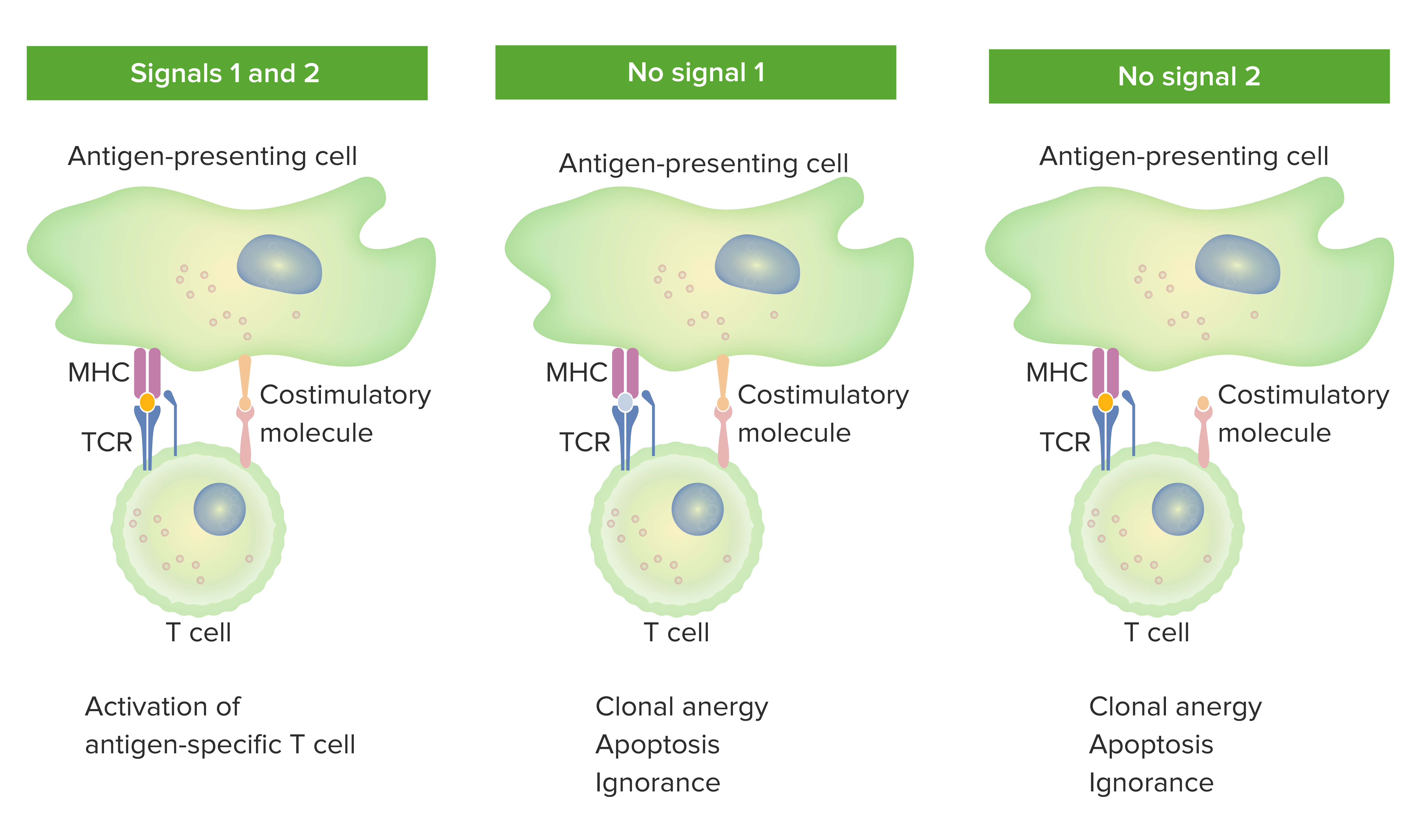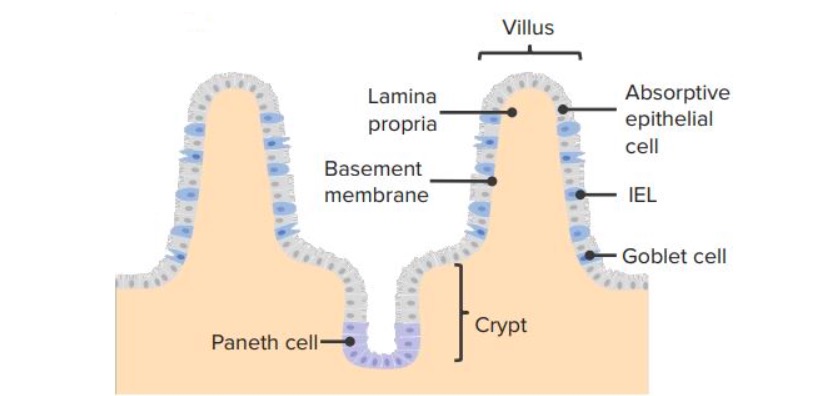Playlist
Show Playlist
Hide Playlist
Primary Immunodeficiencies Associated with Autoimmune Disease
-
Slides Immunodeficiency.pdf
-
Reference List Immune System.pdf
-
Download Lecture Overview
00:00 Rather paradoxically, some primary immunodeficiencies are associated with autoimmune disease. 00:08 Autoimmune disease is where the immune system starts reacting in a harmful way against our own body components. 00:15 So it’s an overreaction of the immune response if you like. 00:19 But we’re discussing immunodeficiency at the moment, so it’s rather odd isn’t it, that a immunodeficiency can lead to an excessive or unwanted immune response against self antigens? But that is the case. 00:33 Mutations in Foxp3 result in IPEX (immune dysregulation polyendocrinopathy, enteropathy, X-linked) syndrome. 00:46 And that is because Foxp3 is a transcription factor that’s required for the activity of regulatory T-cells. 00:54 And what regulatory T-cells do is they suppress autoimmune responses. 01:00 So in the situation we have here, there’s a mutation in the gene encoding Foxp3. 01:06 There’s no Foxp3 produced, so you don’t have any regulatory T-cell activity. 01:11 So there’s unregulated T-cell activity leading to multisystemic and often fatal autoimmune disease. 01:19 There’s no regulatory T-cells to suppress the other potentially pathogenic autoimmune T-cells. 01:29 There can be other gene defects that result in autoimmune disease. 01:34 Mutations in AIRE can result in autoimmune polyendocrine syndrome-1. 01:42 AIRE is the autoimmune regulator. 01:45 What the autoimmune regulator does, is it causes expression of genes that normally would be restricted to an individual tissue. 01:53 For example, a gene that perhaps you’d only ever see in the pancreas, or you’d only ever see in the thyroid, because it needs to do a specific job. 02:01 The protein product needs to do a particular job and that’s only required in the pancreas, perhaps involved in making insulin. 02:10 But in order to get negative selection of T-cells in the thymus, these genes also need to be expressed in the thymus. 02:17 And the AIRE gene is involved in that. 02:21 So in the absence of the AIRE gene, there’s no expression of these normally tissue restricted genes in the thymus, and there’s no negative selection. 02:31 This could end up with giving conditions such as the autoimmune polyendocrine syndrome-1 or APS-1, sometimes referred to as APECED (autoimmune polyendocrinopathy with candidiasis and ectodermal dystrophy). And this results in defective central tolerance of T-cells. Fas, which is also known as CD95, and Fas ligand which is also known as CD95 ligand mutations, can result in autoimmune lymphoproliferaitive syndrome (ALPS). This is due to defective lymphocyte apoptosis.
About the Lecture
The lecture Primary Immunodeficiencies Associated with Autoimmune Disease by Peter Delves, PhD is from the course Immunodeficiency and Immune Deficiency Diseases.
Included Quiz Questions
Foxp3 mutations impair the normal function of which of the following cells?
- Regulatory T cells
- Cytotoxic T cells
- Helper T cells
- B cells
- Phagocytic cells
Autoimmune regulator (AIRE) protein in the thymus ensures which of the following?
- Central tolerance of T cells
- Maturation of naive T cells
- Completion of class switching
- Transcription of major histocompatibility complex molecules
- Transport of T cells to secondary lymphoid tissue
Autoimmune lymphoproliferative syndrome (ALPS) is most frequently associate with which of the following receptors?
- Cluster of differentiation 95
- Cluster of differentiation 60
- Cluster of differentiation 59
- Cluster of differentiation 55
- Cluster of differentiation 17
Customer reviews
3,0 of 5 stars
| 5 Stars |
|
0 |
| 4 Stars |
|
0 |
| 3 Stars |
|
1 |
| 2 Stars |
|
0 |
| 1 Star |
|
0 |
I had a professor that would just stand there and talk also, not very helpful. At least point to the picture or something.






